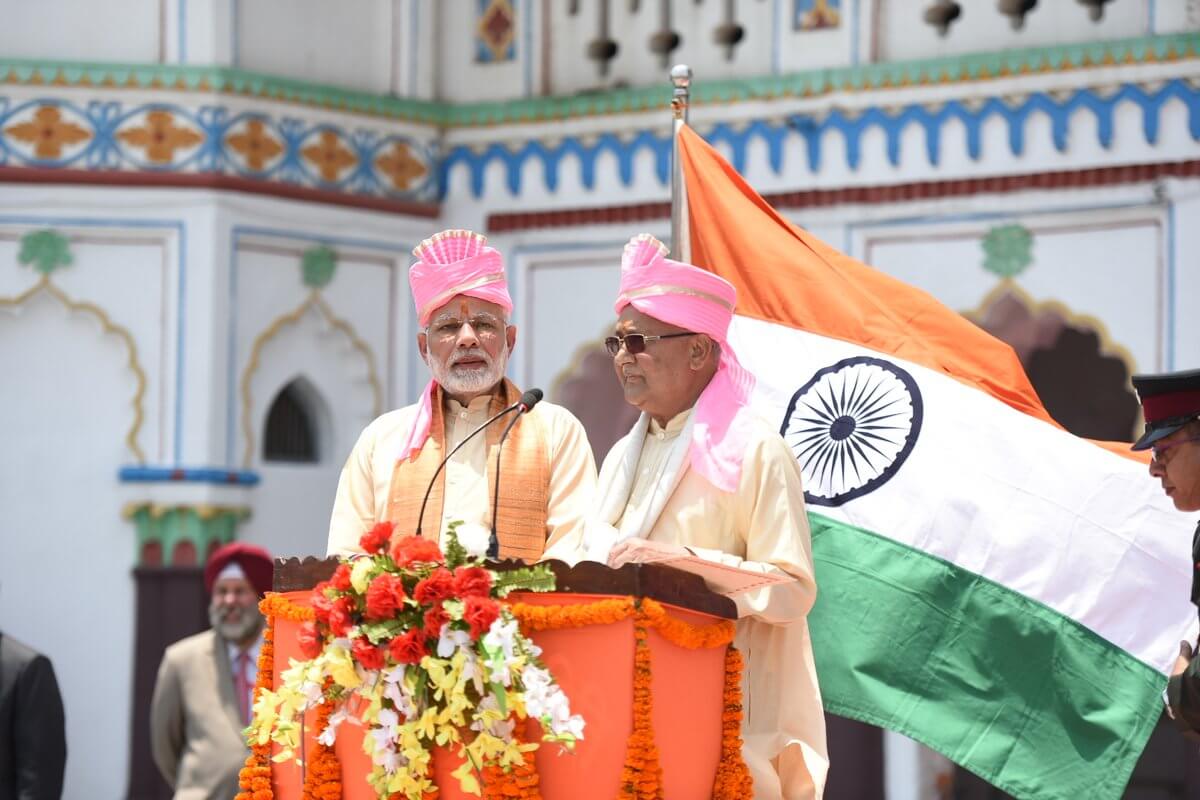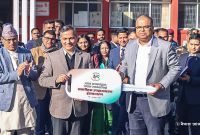Oli’s Secretive India Visit: Is Nepal’s Foreign Policy Tilting or Just Playing with Fire?

In a move sparking heated debate across Nepal’s political spectrum, Prime Minister K.P. Sharma Oli is set to pay a short, closely-watched official visit to India in mid-September, breaking months of speculation over his diplomatic priorities and Nepal’s foreign policy direction. Although the Ministry of Foreign Affairs has confirmed that “preparations are underway,” the exact date and itinerary remain shrouded in ambiguity, fueling widespread conjecture about the true intent and urgency of the trip.
Multiple sources within the Prime Minister’s Office indicate that Oli will fly to New Delhi around September 16 for a two-day whirlwind visit. This compressed schedule has left observers questioning whether the trip is merely symbolic or the result of lingering tensions with India—especially after Oli pointedly chose China for his maiden visit as Prime Minister last year, bucking decades-old diplomatic custom.
Oli’s recent tenure has been marked by mounting criticism at home: a year of unfulfilled promises, eroding public trust, and a government widely seen as rudderless. In foreign policy, his overt outreach to Beijing—culminating in a four-day state visit last December—was interpreted as a signal of Nepal’s intent to assert greater autonomy and diversify its partnerships. The optics were impossible to miss: Oli shared a stage with President Xi Jinping, made overtures to Chinese investors, and spoke to a rapt audience at Peking University, all while India-Nepal relations appeared to cool.
Against this fraught backdrop, the forthcoming India visit raises more questions than answers. Why is the trip so brief? Was an invitation from New Delhi truly delayed, as rumored? Are the two neighbors merely papering over deeper rifts related to longstanding disputes over border demarcation, trade barriers, and regional influence?
On the streets of Kathmandu, skepticism runs high. Social media is abuzz with speculation over “secret deals” and fears that Nepal’s hard-won sovereignty could be compromised behind closed doors. Critics argue that the government’s lack of transparency on both the timing and agenda of the visit reflects an uneasy balancing act between appeasing New Delhi and maintaining leverage with Beijing. Others see opportunity: if handled with clarity and confidence, Oli’s trip could signal a reset in bilateral ties—potentially unlocking stalled projects and soothing public discontent over persistent economic woes.
Official statements assure that “Nepal’s interests will be protected at all costs,” yet memories of previous diplomatic engagements—often heavy on rhetoric but light on tangible progress—linger uneasily. As PM Oli prepares for another high-wire diplomatic act, the nation is left to wonder: Will this visit redefine Nepal’s relationship with its southern neighbor, or will it simply add another chapter to a long saga of missed opportunities and mistrust? The stakes, as ever, could hardly be higher.




![From Kathmandu to the World: How Excel Students Are Winning Big [Admission Open]](https://nepalaaja.com/img/70194/medium/excel-college-info-eng-nep-2342.jpg)
